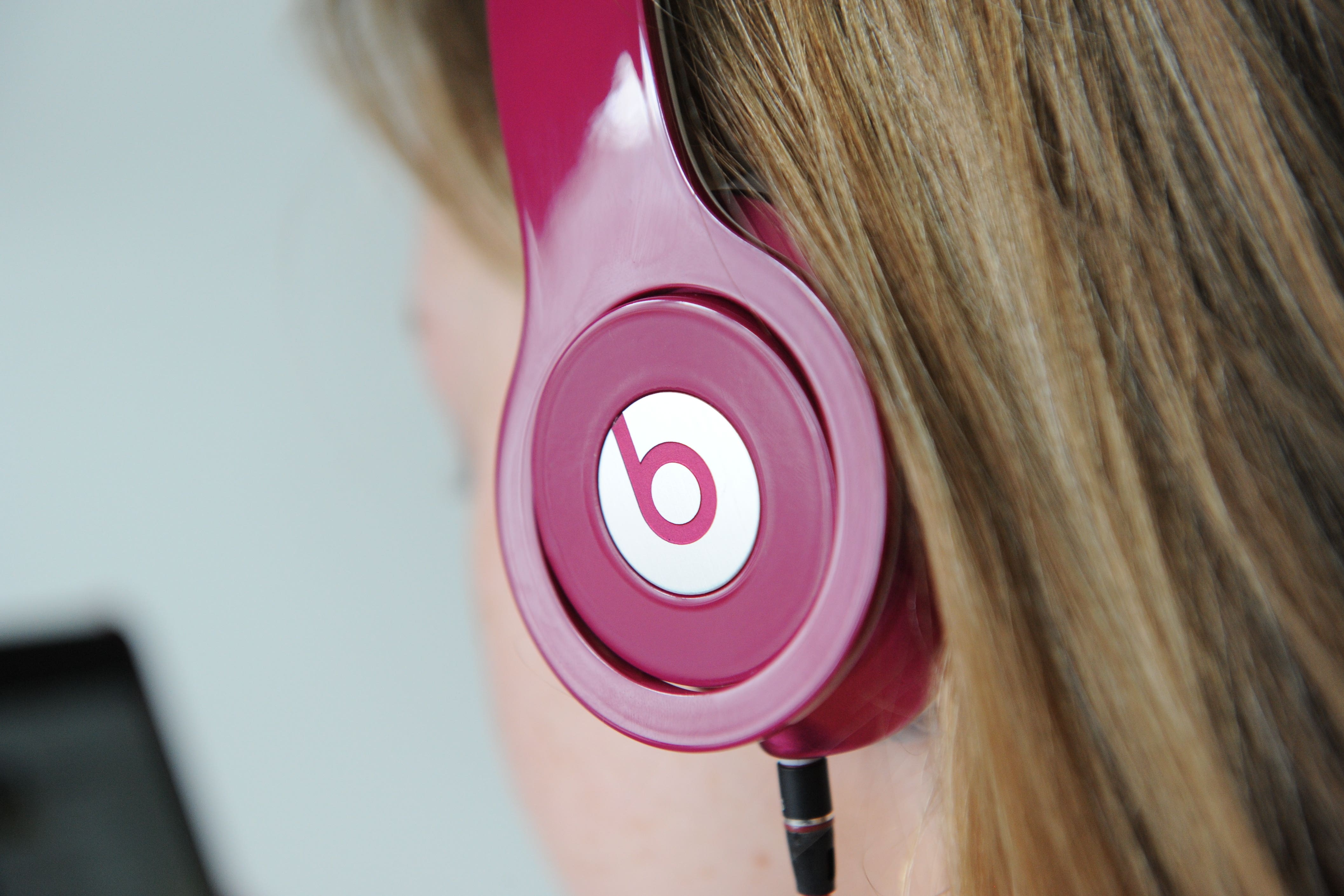People risking their hearing health by not taking a simple test, charity says
Hearing checks appears to be the ‘poor relation’, the Royal National Institute for Deaf People said.

Your support helps us to tell the story
From reproductive rights to climate change to Big Tech, The Independent is on the ground when the story is developing. Whether it's investigating the financials of Elon Musk's pro-Trump PAC or producing our latest documentary, 'The A Word', which shines a light on the American women fighting for reproductive rights, we know how important it is to parse out the facts from the messaging.
At such a critical moment in US history, we need reporters on the ground. Your donation allows us to keep sending journalists to speak to both sides of the story.
The Independent is trusted by Americans across the entire political spectrum. And unlike many other quality news outlets, we choose not to lock Americans out of our reporting and analysis with paywalls. We believe quality journalism should be available to everyone, paid for by those who can afford it.
Your support makes all the difference.Far fewer people have their hearing checked than eyes, teeth and blood pressure, new research has found.
Research by the Royal National Institute for Deaf People (RNID) found only 6% of people in the UK, who have not been diagnosed with hearing loss, took a hearing check in 2022.
This is in stark contrast to people having other health updates including 53% who got a dental check-up, 46% who had an eye test or 44% who had their blood pressure checked.
The figures also showed that, despite this lack of action, 98% of individuals said their hearing was important to them.
It means that many people are risking their health by not taking a simple test and that having a hearing check appears to be the “poor relation” in the ways someone will seek to look after themselves, the charity said.
Hearing loss may be slow to spot and can lead some people into loneliness and depression if left unmanaged, according to the RNID who added it can also increase the risk of dementia.
Getting support and treatment early may reduce these risks.
Having to ask someone to repeat what they said would convince 47% of people to get a hearing check while 42% said that being told they had turned the volume up too loud on the TV would prompt them to take action.
Other symptoms which would most likely encourage some to get a hearing check included having difficulty following a conversation in a noisy place like a restaurant or party, according to 40% of people while 36% said if they would seek help if they often found people were mumbling or not speaking clearly.
There were also 16% who said that turning down invitations to social gatherings in noisy environments would encourage them to get a check-up, the RNID said.
Crystal Rolfe, the RNID’s associate director for health, said: “Everyone should be valuing and protecting their hearing as much as they value and protect their teeth, eyes or blood pressure, and this can all start with a simple hearing check.
“If over the festive season or whilst attending a New Year’s Eve party, you found yourself, or saw your partner or parents asking people to repeat themselves or struggling to follow a conversation, please take the first step and check your hearing.”
The research was carried out by YouGov involving 2,060 people, of which 1,755 had not been diagnosed with hearing loss.